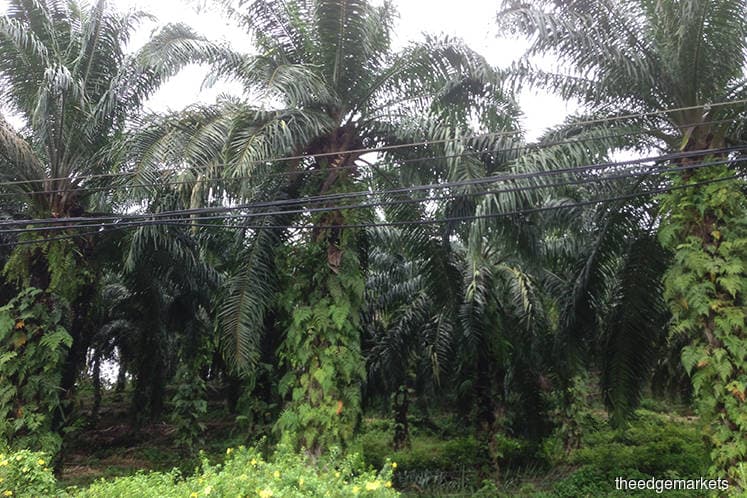
KUALA LUMPUR (April 3): The Sabah government’s decision to close down palm oil operations in six key areas could very likely lead to an exodus by the workers that toil in the plantations and mills in the state, as a result of little to no pay.
In a statement today, Malaysian Estate Owners Association (MEOA) Jeffrey Ong termed the majority of foreign workers working for the industry, as economic migrants. Therefore, they will migrate to areas where there are employment opportunities.
Ong explained dissatisfaction among such workers as a result of no jobs and income, will eventually lead to planters having no choice but to remove the voluntary lockdowns in plantations and allow workers to leave their estates, in order to avoid chaos and riots.
“The foreign workers will be looking for jobs in other districts in Sabah during this period — or try to return to their respective countries. The planters will not be able to stop them from moving out,” he cautioned.
He further highlighted that the plantation and agriculture sectors are characterized by shortages in experienced workers. Consequently, in a time with little or no income, contractor agents will be offering employment opportunities elsewhere.
It will not be just the workers who leave, argued Ong, as their dependents and group members will also move.
While main roads are policed, internal roads will be used as conduits for migrant workers to travel and transit at friends’ houses in various estates until they reach their final destinations.
Additionally, these workers' final destinations may not be even be plantations, as work sites in urban centres are also possible.
“They will not be wearing and protective measures. This is hardly in line with the government concept of social distancing or least contact,” Ong emphasised.
The MEOA President said for many small to mid-sized planters, the inability to operate and generate cashflow has left them with the inability to pay workers’ basic wages, which can typically run between RM1,100 to RM1,200.
IJM Plantations Bhd chief executive officer cum managing director and former MEOA President Joseph Tek highlighted plantations have the potential to serve as “voluntary quarantine centres”, with employed workers within the confines of the state.
“Following MEOA’s release of their Standard Operating Procedures (SOP) for prevention and mitigation on Transmission of Covid-19 (SOP) for the growers in estates, another set of SOP as a guideline for palm oil mills and kernel crushing plants were also rolled out. Implementing the SOPs are still the most effective answer to prevent and mitigate Covid-19 in plantation operations,” Tek said.
He said total planter oil palm area of Sabah is 21 times the size of Singapore at 1.54 million hectares (ha). As such, it would be an arduous task for the government and security forces to comb through and secure such a large area.
Foreign workers will be travelling through vast swaths of plantation land that cannot be controlled or monitored 24/7 by any authorities.
“If any guest workers are infected, it will spread very quickly and silently,” Tek viewed.
The Sabah government closed down palm oil operations in Tawau, Lahad Datu, Kinabatangan, Semporna, Kunak and Kalabakan — which constitute 75% of Sabah’s palm oil production. Sabah is the largest palm oil-producing state in Malaysia.
Related story:
MCO: Genting Plantations joins oil palm players in appeal for resumption of critical Sabah oil palm operations
Stay at home. We will deliver the news to you at theedgemarkets.com.